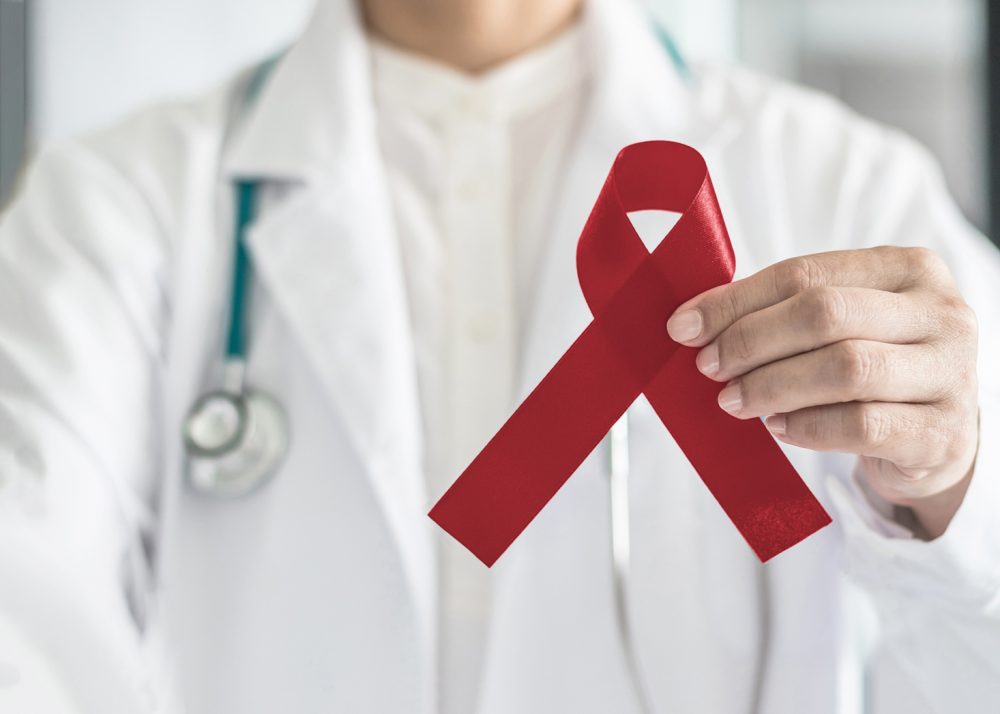Advertisment
Investigative immunotherapy for multiple myeloma produces deep and durable response

One infusion of an investigative chimeric antigen receptor-T cell therapy (CAR-T cell therapy) for multiple myeloma has produced early and durable responses in heavily pretreated patients, researchers reported on Friday, June 24, 2021 in The Lancet.
“CAR-T cell therapy is a type of immunotherapy that involves harnessing the power of a person’s own immune system by engineering their T cells to recognize and destroy cancer cells,” said lead author Yi Lin, M.D., Ph.D, a hematologist and oncologist at the Mayo Clinic in Rochester, Minnesota.
Lin noted that U.S. Food and Drug Administration approved idecabtagene vicleucel, the first CAR-T cell treatment for multiple myeloma, in March of 2021. “Today, we are working toward another potential CAR-T cell treatment for multiple myeloma.” she added.
The CARTITUDE-1 study is a registration-phase 1B/II clinical trial. The trial tested B cell maturation antigen targeting CAR-T cell therapy, ciltacabtagene autoleucel (cilta-cel), in subjects with multiple myeloma who had received 3 or more previous lines of therapy or were double-refractory to a proteasome inhibitor and an immunomodulatory drug, and had received a proteasome inhibitor, immunomodulatory drug, and anti-CD38 antibody, including proteasome inhibitors, immunomodulatory drugs and CD38 antibodies.
“Cilta-cel is made from patient’s own T cells that have been genetically engineered and administered as a single dose infusion,” noted Lin.
Researchers administered one cilta-cel infusion 5–7 days after start of lymphodepletion. Primary endpoints were safety and confirmation of the recommended phase 2 dose and overall response rate in all patients who received treatment. Key secondary endpoints were duration of response and progression-free survival.
Between July 16, 2018, and Oct 7, 2019, 113 subjects were enrolled, and 97 (29 in phase 1b and 68 in phase 2) received a cilta-cel infusion at the recommended phase 2 dose of 0·75 × 106 CAR-positive viable T cells per kg.
As of the Sept 1, 2020, the overall response rate to the treatment was 97%. The complete response and progression-free survival rates were 67% and 77%, respectively. The overall survival rate was 89%. Median time to first response was 1 month.
“Updates on this study were also recently presented at the American Society of Clinical Oncology annual meeting, which occurred after our paper was accepted for publication in The Lancet,” said Lin. “Our ASCO presentation showed a continued deepening response for patients receiving this therapy, with a complete response rate of 80%,” says Dr. Lin. “These are very impressive results for myeloma patients who have already gone through many lines of therapy for their disease.”
Adverse events were common. And 14 deaths happened during the study, six due to treatment-related adverse events, five due to progressive disease, and three due to treatment-unrelated adverse events.
The authors concluded, “A single cilta-cel infusion at the target dose of 0·75 × 106 CAR-positive viable T cells per kg led to early, deep, and durable responses in heavily pretreated patients with multiple myeloma with a manageable safety profile. The data from this study formed the basis for recent regulatory submissions.”





